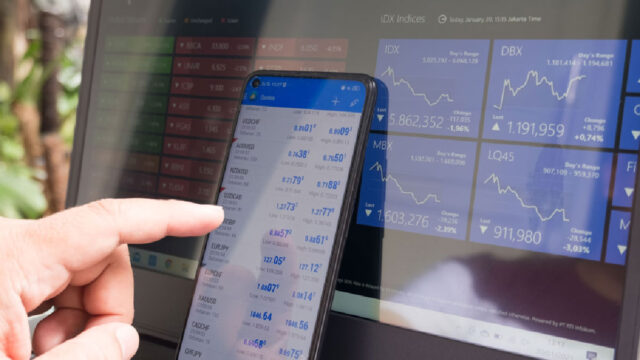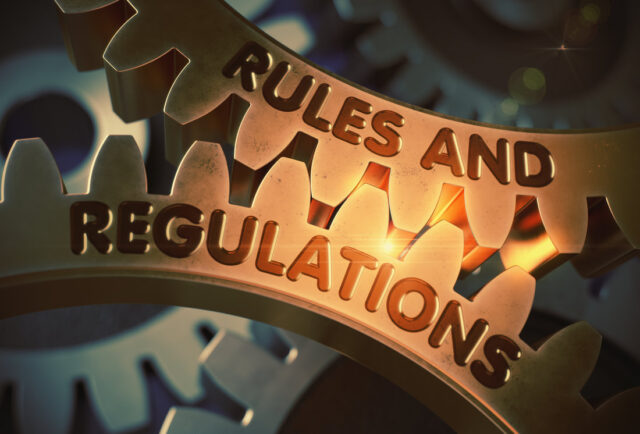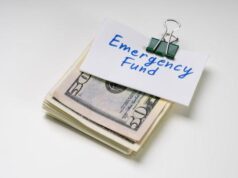
Regulated forex brokers are companies that operate in the foreign exchange market and are authorized and supervised by regulatory agencies. These agencies enforce rules and regulations to ensure that brokers operate ethically and transparently, with the aim of protecting investors and maintaining the integrity of the market.
Regulated forex brokers are required to meet strict standards of financial conduct, including maintaining adequate capitalization levels, segregating client funds from company funds, and implementing risk management measures. They are also required to provide regular reports to regulatory agencies, which are responsible for monitoring the brokers’ activities and enforcing compliance with regulatory requirements.
Why Forex Brokers Should Be Regulated?

Forex brokers should be regulated for various reasons, primarily to ensure that they operate transparently and ethically, and to protect traders from fraud and abuse in the forex market. A regulatory agency oversees and monitors the operations of a broker, ensuring that they follow strict guidelines and adhere to financial laws and regulations.
This includes maintaining segregated accounts for client funds, maintaining a certain level of capital, and ensuring that the broker has appropriate risk management measures in place. By enforcing these regulations, investors can feel more secure in their investment and can trust that the broker is operating with integrity. Overall, regulation is essential in ensuring a fair and transparent forex market and helps to protect the interests of all participants, including traders and brokers alike.
Is Trading with Regulated Broker Safer?

Trading with a regulated forex broker is generally safer than trading with an unregulated one. This is because regulated brokers are required to follow certain rules and regulations put in place by regulatory authorities, which are designed to protect traders’ interests and ensure the integrity of the forex market.
For example, in the United States, forex brokers must be registered with the Commodity Futures Trading Commission (CFTC) and be members of the National Futures Association (NFA). In Europe, forex brokers must be authorized and regulated by the European Securities and Markets Authority (ESMA) and individual national regulatory bodies such as the Financial Conduct Authority (FCA) in the UK or the Autorité des marchés financiers (AMF) in France.
By choosing a regulated forex broker, traders can have greater confidence in the safety and security of their funds and trades. Regulated brokers are required to segregate their clients’ funds from their own operating funds, which helps protect traders’ funds in the event of the broker’s insolvency. Additionally, regulated brokers must adhere to strict anti-money laundering (AML) and know your customer (KYC) requirements to help prevent financial crimes.
In contrast, unregulated forex brokers may not have any oversight or regulation, which can leave traders vulnerable to fraudulent activities such as manipulation of prices, conflicts of interest, and misuse of client funds. Unregulated brokers may also not offer the same level of customer support and protection as regulated brokers.
How to Verify If A Forex Broker Is Regulated?

Check the broker’s website: Most regulated brokers will prominently display their regulatory information on their website, including the name of the regulatory authority, their license number, and the countries where they are authorized to operate.
Search the regulatory authority’s database: You can search the database of the regulatory authority that the broker claims to be regulated by to verify their license. For example, in the United States, you can check the National Futures Association (NFA) database, and in the United Kingdom, you can check the Financial Conduct Authority (FCA) register.
Contact the regulatory authority: If you are still unsure, you can contact the regulatory authority directly to confirm whether the broker is authorized and regulated.
Check with online forums and review websites: Online forums and review websites can be a good source of information about a broker’s reputation and regulatory status. Look for reviews and comments from other traders who have used the broker’s services to get an idea of their experiences.
It’s important to note that some unscrupulous brokers may claim to be regulated when they are not, so it’s essential to do your due diligence and verify the broker’s regulatory status before opening an account and depositing funds.
Benefits of Choosing a Regulated Broker

When it comes to online financial trading, choosing a regulated broker is of the utmost importance. A regulated broker has been approved by a governmental authority and is subject to strict regulatory requirements that ensure fair and honest trading practices. Here are some of the key benefits:
- Protection from Fraudulent Practices: Selecting a regulated agent provides an additional layer of security against potential fraud or manipulation. He must adhere to specific regulations designed to protect investors by eliminating unscrupulous practices.
- Confidence in Trading Platforms: A regulated broker must adhere to specific safeguards when it comes to maintaining their trading platforms and systems. This includes protocols for data protection and cyber security as well as having reliable customer service protocols in place.
- Seamless Trading Experience: As a result of meeting the necessary regulatory requirements, regulated brokers can offer customers an efficient and seamless trading experience. This includes real-time analytical tools and financial instruments so that customers can make informed decisions when it comes to their investments.
- Secure Funds: Regulated brokers are required to keep client funds separate from their own operating funds, ensuring proper segregation of accounts, which helps protect investors from potential loss due to mismanagement or fraudulent activities by the broker itself.
Choosing a regulated forex broker is crucial for traders who value security, transparency, and reliability. Regulation ensures that the broker is accountable to an independent regulatory body, follows strict rules and guidelines, and is subject to regular audits and inspections.
By verifying a broker’s regulation status and doing due diligence, traders can protect themselves from fraudulent activities and scams, as well as access a range of benefits and protections that unregulated brokers cannot offer. Overall, it is recommended that traders prioritize regulation as a top factor when selecting a forex broker to trade with.









